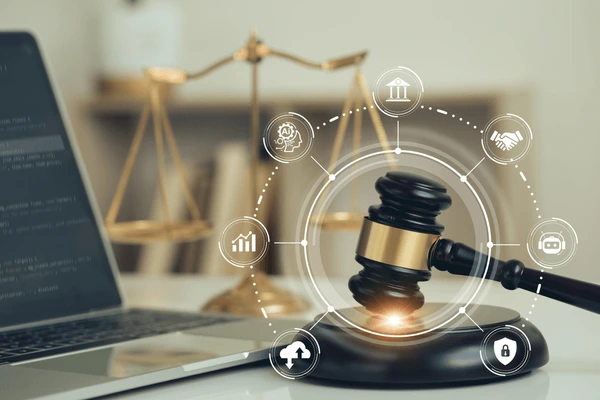Atlanta has become a rising tech hub, home to startups, tech giants, and data-driven enterprises. At the core of this ecosystem lies a valuable commodity that powers innovation and business growth—user data. While the thought of companies trading your data may sound alarming, many of these practices are perfectly legal when done transparently and within regulatory frameworks.
Here are five ways your data is traded legally in Atlanta’s tech ecosystems and how these practices shape the tech landscape.
1. Data Sharing Agreements for Enhanced Services
One of the most common ways that tech companies legally trade data is through data sharing agreements. For example, Atlanta-based health tech companies might partner with insurers to exchange anonymized data that helps develop better healthcare products. These agreements are often governed by detailed contracts that outline how data can be used, ensuring compliance with laws like the Health Insurance Portability and Accountability Act (HIPAA).
Data sharing also drives innovation, such as when transportation apps collaborate with city planners to analyze traffic patterns and improve infrastructure. By clearly defining the terms of use and maintaining user privacy, these exchanges benefit both parties and the public.
2. Targeted Advertising That Walks the Legal Line
Targeted advertising is another significant way companies use your data. Firms based in Atlanta collect and analyze browsing habits, location data, and interests to deliver personalized ads. While this may seem invasive, it is typically legal as long as users consent to data collection. Platforms like social media networks require individuals to agree to terms of service that grant permission for this kind of activity.
3. Anonymized Data Sales for Business Insights
Selling anonymized data is a widespread and lawful practice in the tech industry. Companies in Atlanta turn to data brokers who aggregate and sell large sets of anonymous information to businesses seeking consumer insights. Since personally identifiable information (PII) is removed, these transactions comply with privacy laws like the General Data Protection Regulation (GDPR) in cases involving European users or the California Consumer Privacy Act (CCPA) for those interacting with California-based platforms.
4. Strategic Partnerships to Maximize Efficiency
Collaboration between tech companies often involves sharing user data to streamline operations or provide better services. For instance, financial technology firms in Atlanta might partner with banking institutions to share transactional data that enhances fraud detection algorithms. These partnerships are usually overseen by strict legal agreements that define the scope of data usage and ensure consumer protection.
Such collaborations not only optimize resources but also foster innovation by combining diverse expertise and datasets, creating solutions that benefit the end user.
5. Compliance with Privacy Laws as a Safeguard
Finally, companies in Atlanta comply with state and federal privacy laws to regulate how user data is collected, stored, and traded. Laws such as the Gramm-Leach-Bliley Act and Georgia’s data breach notification regulations ensure users are informed about the collection and use of their data.
Businesses that prioritize compliance often integrate privacy governance frameworks, conduct regular audits, and ensure transparency with consumers. This accountability strengthens trust and allows companies to trade data legally while maintaining their reputation.
Conclusion
User data is a vital resource driving Atlanta’s tech industry. While these data trade practices may raise concerns, most companies operate within well-defined legal frameworks to protect individuals’ privacy. By understanding how your data is collected and used, you can make informed decisions about your digital interactions. Transparency and compliance remain at the heart of ethical data practices, allowing Atlanta to thrive as a tech-driven city while respecting users’ rights.


